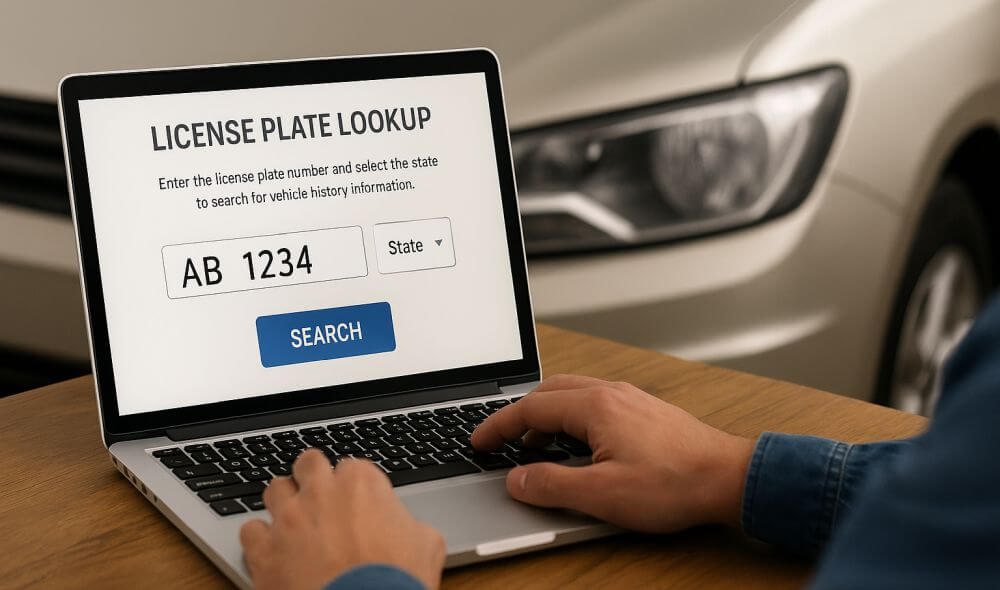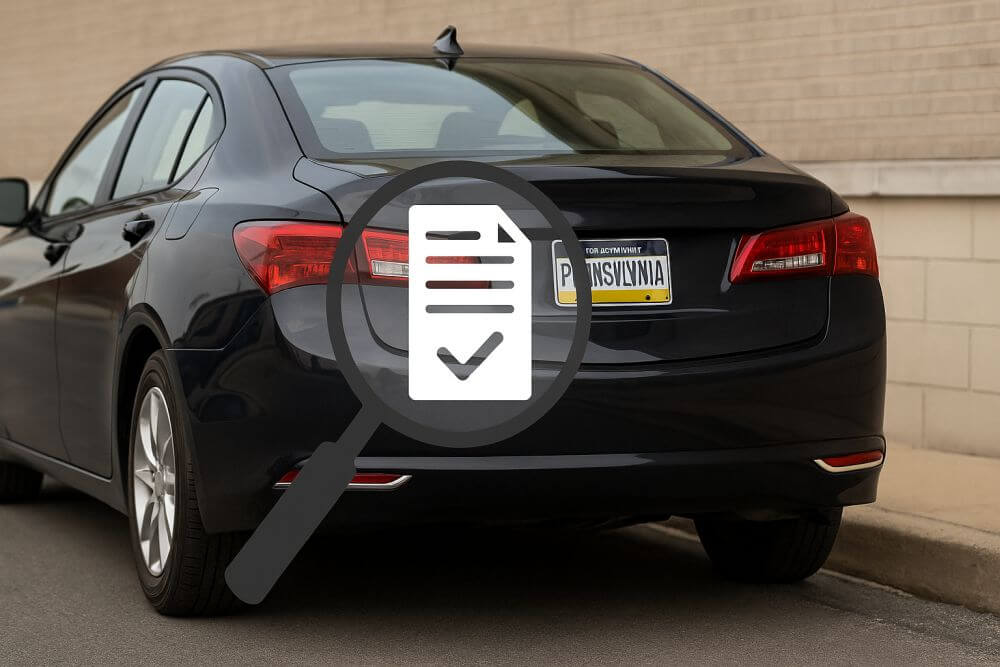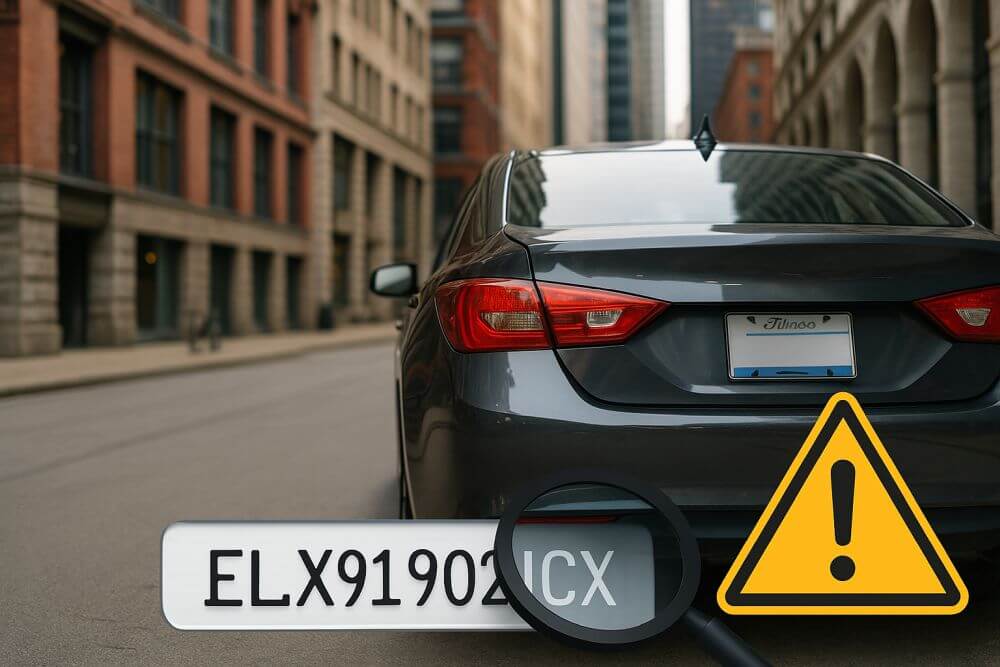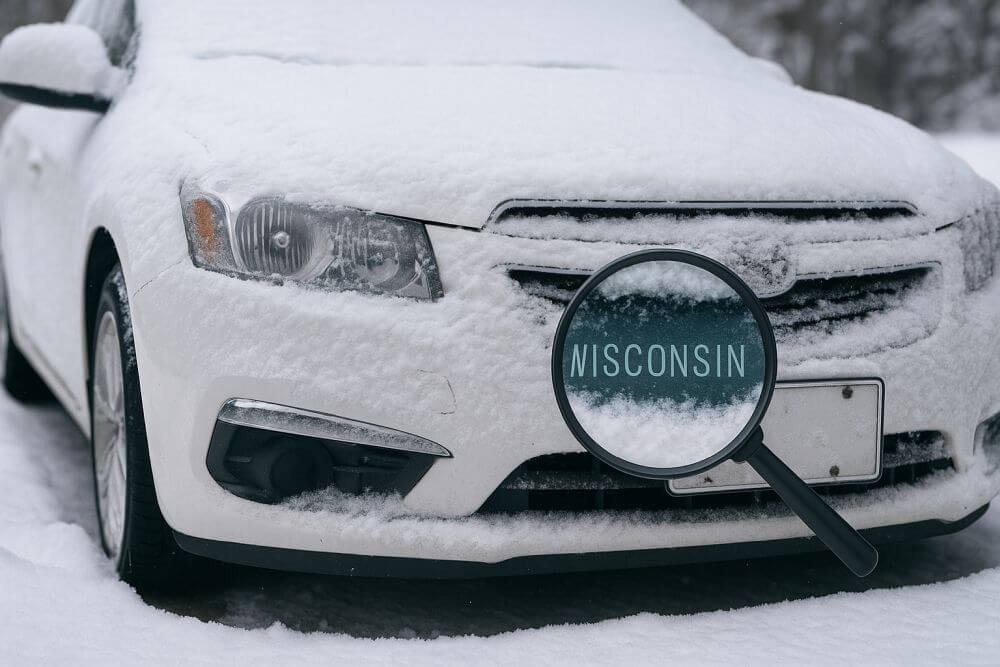Looking to trace a license plate number or get vehicle details—without stepping into the DMV?
Whether you’re buying a used car, reporting a hit-and-run, or checking a suspicious vehicle, you might wonder:
Can you legally run a license plate lookup without going through the DMV?
Short answer: Yes—but only for specific purposes and within the law.

This guide breaks down:
- Public and private tools you can use
- Legal restrictions under federal privacy laws (like the DPPA)
- What you can’t access without proper authorization
What the DMV Can (and Can’t) Disclose
DMVs do offer license plate lookup services, but there are serious limits:
- You typically need to submit a formal request or visit in person
- Requests are allowed only for lawful, DPPA-permitted uses
- You must certify your purpose (e.g., insurance claim, legal action, towing notice)
The Driver’s Privacy Protection Act (DPPA) protects personal information in DMV records. That means you can’t legally obtain the vehicle owner’s name, address, or contact info—unless you have a valid reason under the law.
Yes, You Can Lookup a License Plate Without the DMV — Here’s How
Thanks to public data and private aggregators, you can legally access vehicle-related info using the plate number, without going through the DMV.
There are two legal categories of tools:
1. Public License Plate Lookup Tools (Free & Legal)
These services convert a plate into a VIN and provide non-personal vehicle data from public records.
VinCheckPro Free License Plate Lookup
https://www.vincheckpro.com/license-plate-search/
Enter a plate number + state to uncover:
- Vehicle make, model, year
- VIN (Vehicle Identification Number)
- Title checks (salvage, rebuilt, junk)
- Theft, recall, and lien records
No signup needed.
100% DPPA-compliant.
Great for buyers, sellers, or safety checks.
NHTSA Recall Lookup
Use the VIN (from the plate) to search for:
- Open safety recalls
- Manufacturer defects
These public tools do NOT reveal the owner’s name or contact details. They are strictly limited to vehicle-related data.
2. Private License Plate Lookup Services
Private aggregators offer advanced lookups, combining data from:
- Insurance and auction records
- Industry databases
- Public safety and title registries
Popular Options:
- Carfax – For ownership history and service records
- AutoCheck by Experian – Market value and auction flags
- BeenVerified / TruthFinder – Combines vehicle and people search (limited owner info, must follow use restrictions)
These tools usually require:
- A paid subscription
- Agreement to terms prohibiting misuse
- Confirmation that you have a legitimate purpose
These platforms do NOT guarantee access to current owner identity, and misusing the data may violate federal law.
Understanding the DPPA: What You’re Not Allowed to Do
The Driver’s Privacy Protection Act (DPPA) is a federal law that restricts how license plate data and DMV records can be used.
Illegal Uses Include:
- Searching a plate to identify or follow someone
- Using plate data for marketing or sales without consent
- Requesting owner info under false pretenses
Violating the DPPA can result in civil penalties and criminal charges.
Even licensed investigators and insurance companies must certify a valid reason to access protected information.
When Is License Plate Lookup Legal?
| Purpose | Legal? | Notes |
| Buying a used car (check history) | Yes | Use public tools to view title and accident history |
| Reporting a hit-and-run or stolen car | Yes | Allowed via police or your insurance provider |
| Towing a car from private property | Yes | Towing companies can request ownership info lawfully |
| Insurance claims or legal disputes | Yes | Access via insurance or legal counsel |
| Finding someone’s identity | No | Not allowed unless you’re a licensed PI with valid reason |
| Curiosity or personal use | No | Strictly illegal under DPPA |
Red Flags to Avoid
- Any service promising “owner’s name and address” without DPPA compliance
- Unlicensed lookup websites asking for payment but delivering no data
- Websites lacking a clear privacy disclaimer or usage terms
When in doubt, use only verified tools like VinCheckPro or consult legal counsel.
Bottom Line: DMV Is Not Always Necessary—But the Law Still Applies
You don’t always need to go through the DMV to get basic vehicle information from a plate. Here’s how to stay safe and legal:
- Use public tools like VinCheckPro for VIN decoding and history checks
- Use private tools only if your purpose complies with the DPPA
- Never seek personal data for unlawful reasons
For most people, especially car buyers, public tools offer everything you need—safely, quickly, and legally.
Try It Now: Free License Plate Lookup
Check vehicle history and title info instantly—just enter the license plate and state.


